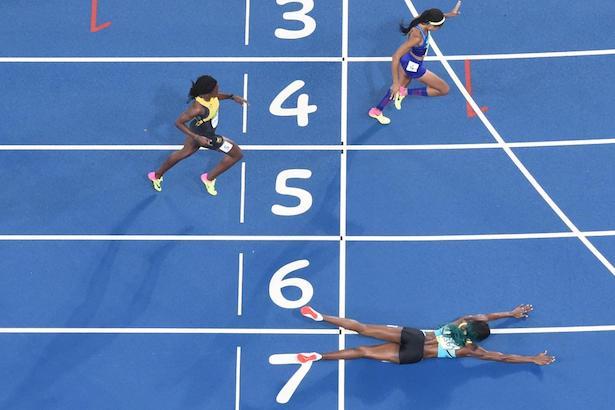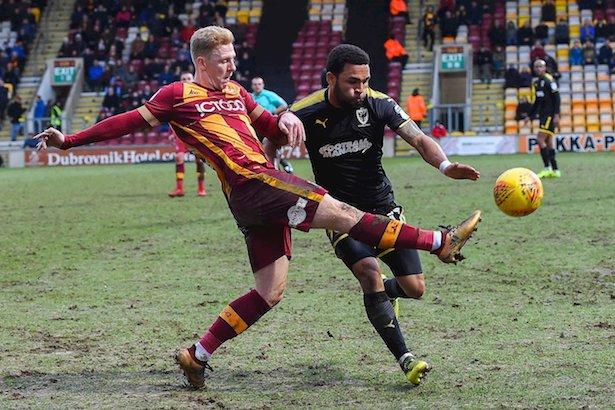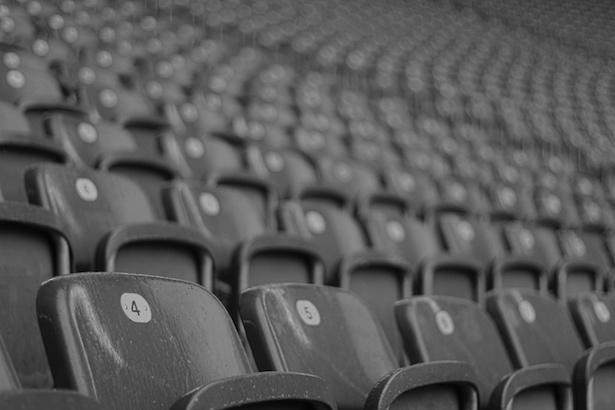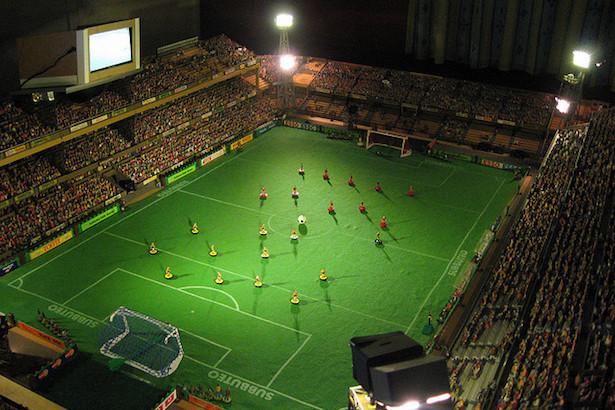So, how did we manage that escape? Here’s the analysis of where we […]
Strange how certain events in football can change a club’s course. Everything in […]
Back in early September, the 9yrspodcast ran an article about past performance perhaps […]









HERE WE ARE AGAIN, HAPPY AS CAN BE …